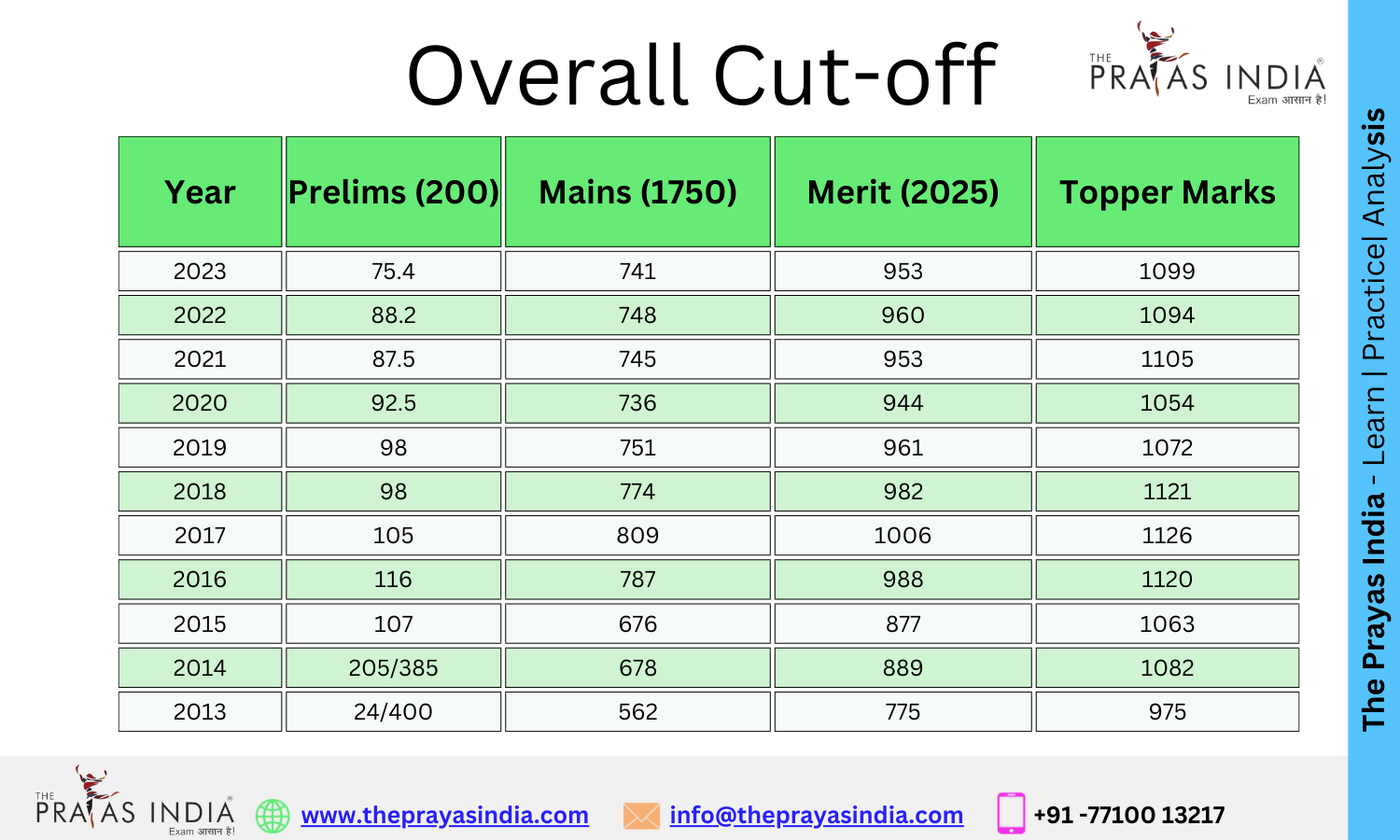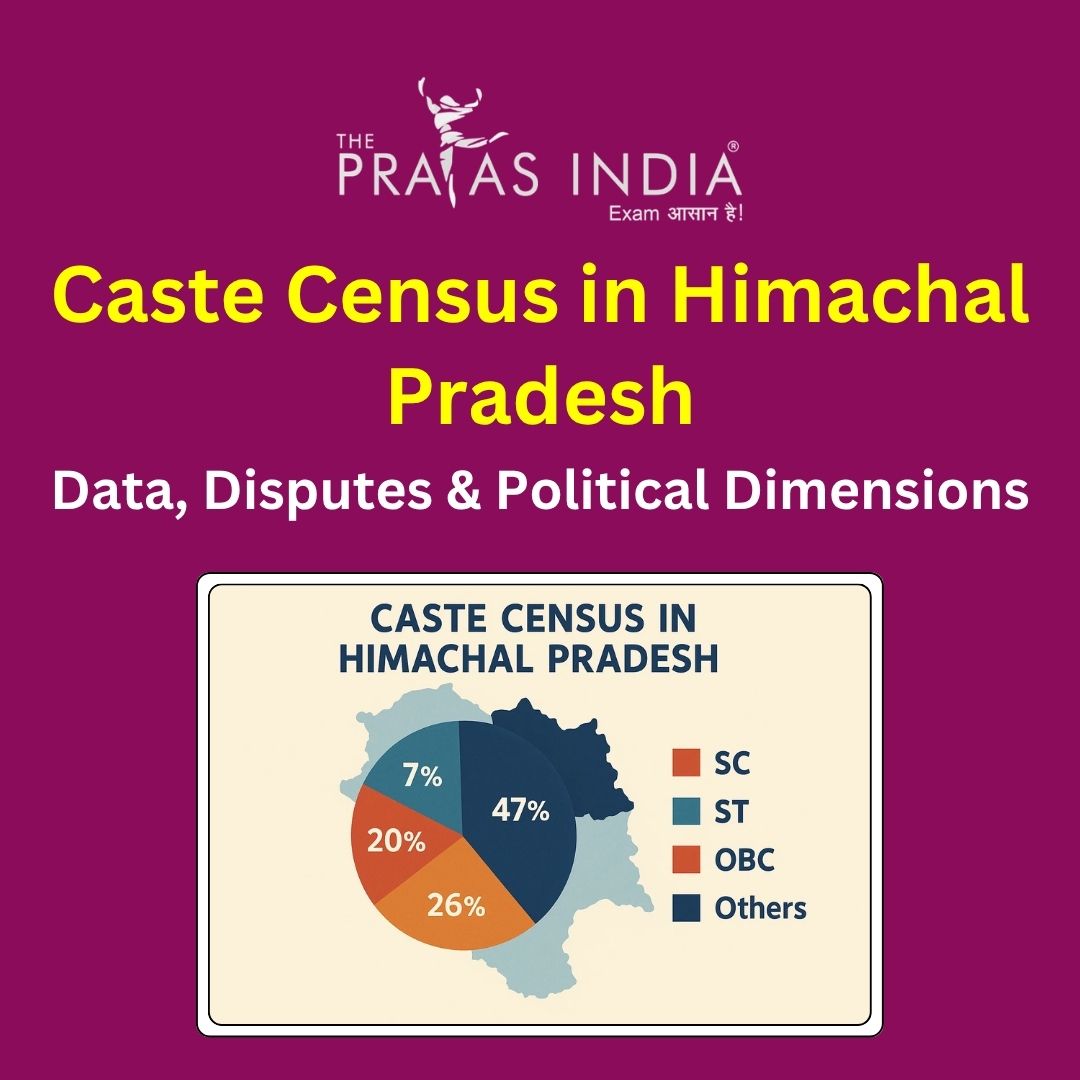Scheduled and Tribal Areas
- According to Article 244 in Part X of the Constitution, a special system of administration for certain areas has been envisaged which is designated as ‘scheduled areas’ and ‘tribal areas’.
- Fifth schedule of the Constitution deals with the administration and control of scheduled areas and scheduled tribes in any state except the four states of Assam, Meghalaya, Tripura and Mizoram.
- The Sixth Schedule of the Constitution deals with the administration of the tribal areas in the four northeastern states of Assam, Meghalaya, Tripura and Mizoram.
Articles related to Scheduled and Tribal Areas

Administration of Scheduled Areas
- Provision regarding administration and control is mentioned in the 5th schedule of the constitution.
- It deals with scheduled areas as well as scheduled tribes in states other than Assam, Meghalaya, Tripura, and Mizoram.
- The President of India is empowered to declare any area as a scheduled area.
- President can alter, increase or decrease its boundary lines in consultation with the Governor of the state.
- The Governor of the state with a ‘Scheduled Area’ submit a report annually to the President or whenever required by the President regarding the administration of the area.
- The Governor of a state is authorized to direct that any particular law of parliament or the state legislature shall not extend to a scheduled area or shall extend with certain modifications or exceptions.
- Governor is authorized to make regulations that prohibit or restrict the transfer of land.
- Governor can regulate the allotment of the land regarding Scheduled Areas and the money lending business.
- Regulations made by the Governor must be implemented after the assent of the President.
- Provisions related to the administration of Scheduled areas and tribes can be amended by Parliament with ordinary legislation. This clearly means it does not require a constitutional amendment.
- Constitution has a provision for the appointment of a commission to report on the matter of administration and welfare of the Scheduled Area and Scheduled Tribes [Article 339(1)].
- The appointment of such a commission is done by the President.
- There is a provision of the constitution for Tribal Advisory Council in every state having scheduled areas, to give advice on matters related to the welfare of the Scheduled Tribe.
- At present, 10 states fall under the 5th schedule i.e, having scheduled areas-
- Andhra Pradesh
- Telangana
- Jharkhand
- Gujarat
- Chhattisgarh
- Himachal Pradesh
- Maharashtra
- Madhya Pradesh
- Rajasthan
- Odisha
Criteria for declaration of “Scheduled Area” under the Fifth Schedule
- The preponderance of the tribal population,
- Compactness and reasonable size of the area,
- A viable administrative entity such as a district, block, or taluk, and.
- Economic backwardness of the area as compared to the neighboring areas.
Administration of Tribal Areas
- The 6th Schedule of the constitution deals with the administration of the Tribal Areas of Assam, Meghalaya, Tripura, and Mizoram.
- It has divided the land into 04 parts and 10 areas (originally consisting of 02 parts only but later amended).
- Part-I (in Assam)
- The North Cachar Hills District
- The Karbi Anglong District
- The Bodoland Territorial Areas District
- Part-II (in Meghalaya)
- The Khasi Hills District
- The Jaintia Hills District
- The Garo Hills District
- Part-IIA (in Tripura)
- Tripura Tribal Areas District
- Part-III (in Mizoram)
- The Chakma District
- The Mara District
- The Lai District
- Part-I (in Assam)
- These tribal areas are to be administered as autonomous districts but these autonomous districts are not outside the executive authority of the concerned state.
- The organization and reorganization of the autonomous district can be done by the Governor of the state concerned including increasing or decreasing the area and changing the boundary lines.
- In the case of different tribes in an autonomous district, the governor is authorized to divide the district into several autonomous regions.
- To exercise legislative and judicial functions in such areas, there are provisions for the creation of District Councils and Regional Councils.
- The district council consists of 30 members out of which 4 are nominated by the governor and the rest are elected on the basis of adult franchise.
- Elected member of the district council holds office for 5 years and nominated enjoys the pleasure of the governor.
- Councils hold the law-making power in certain domains such as management of forests other than reserve forests, marriage and social customs, inheritance of property, etc.
- The Governor of the state can provide power to the councils to try certain suits or offenses.
- Councils are empowered to impose certain specified taxes and can collect land revenue.
- The Governor must approve the law made by the council of the State.
- On the matters over which the council is empowered to make law, the law of state legislature over such topics can not be extended to such areas without the approval of councils.
- With regard to other matters, President with respect to the central act, and Governor with respect to the state act may direct that an act of parliament or state legislature shall not extend or shall be extended with reasonable exceptions to any autonomous district.
- Exception: In the case of Assam, the power of direction with respect to acts of parliament and acts of state legislature lies with Governor. In the case of Meghalaya, Tripura, and Mizoram, power lies with President in respect of acts of Parliament and with the Governor in respect of acts of the legislature of the state.
Tribal Areas are as follows:



![Prayas-लक्ष्य [UPSC CSE Target] The Prayas India](https://theprayasindia.com/wp-content/uploads/2021/08/Prayas-लक्ष्य-UPSC-CSE-Target-The-Prayas-India-300x167.png)

![Prayas Pre-भेदश [UPSC CSE Prelims Test Series] The Prayas India](https://theprayasindia.com/wp-content/uploads/2021/08/Prayas-Pre-भेदश-UPSC-CSE-Prelims-Test-Series-The-Prayas-India-300x167.png)










